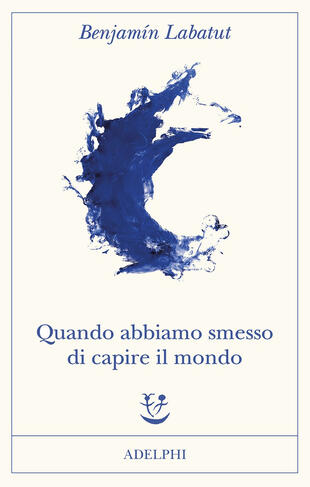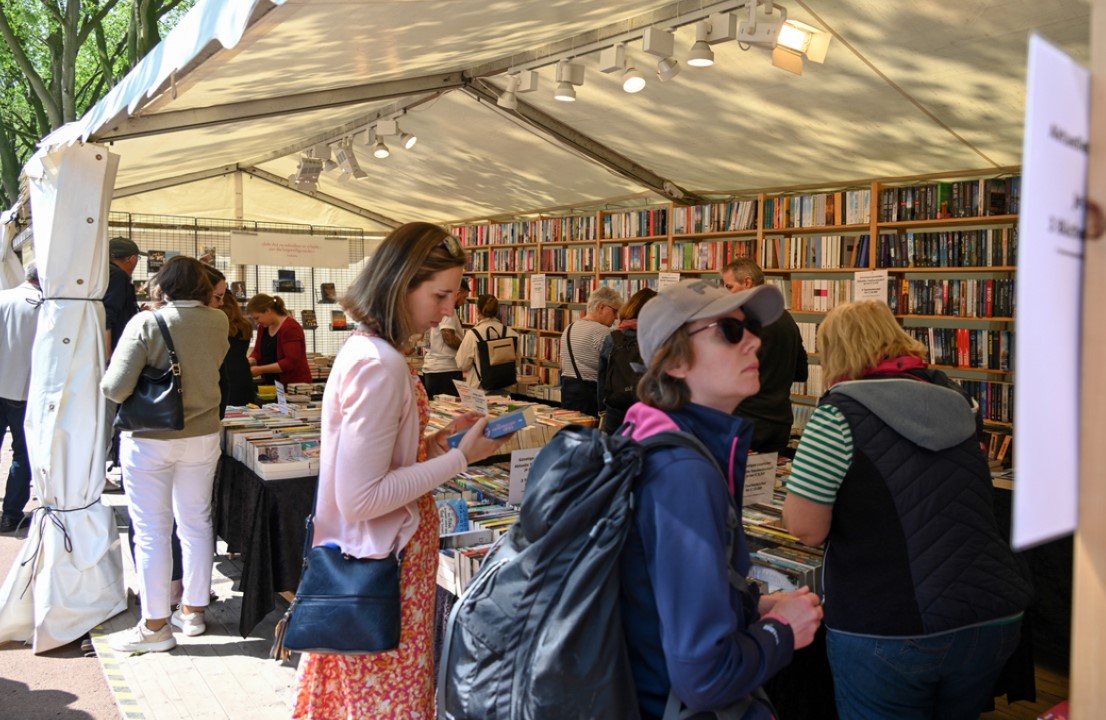

Sinossi
C'è chi si indispettisce, come l'alchimista che all'inizio del Settecento, infierendo sulle sue cavie, crea per caso il primo colore sintetico, lo chiama «blu di Prussia» e si lascia subito alle spalle quell'incidente di percorso, rimettendosi alla ricerca dell'elisir. C'è chi si esalta, come un brillante chimico al servizio del Kaiser, Fritz Haber, quando a Ypres constata che i nemici non hanno difese contro il composto di cui ha riempito le bombole; o quando intuisce che dal cianuro di idrogeno estratto dal blu di Prussia si può ottenere un pesticida portentoso, lo Zyklon. E c'è invece chi si rende conto, come il giovane Heisenberg durante la sua tormentosa convalescenza a Helgoland, che probabilmente il traguardo è proprio questo: smettere di capire il mondo come lo si è capito fino a quel momento e avventurarsi verso una forma di comprensione assolutamente nuova. Per quanto terrore possa, a tratti, ispirare. È la via che ha preferito Benjamín Labatut in questo singolarissimo e appassionante libro, ricostruendo alcune scene che hanno deciso la nascita della scienza moderna. Ma, soprattutto, offrendoci un intrico di racconti, e lasciando scegliere a noi quale filo tirare, e se seguirlo fino alle estreme conseguenze.
- ISBN: 8845935183
- Casa Editrice: Adelphi
- Pagine: 180
- Data di uscita: 04-02-2021

